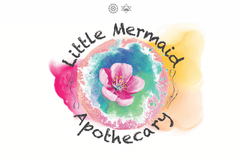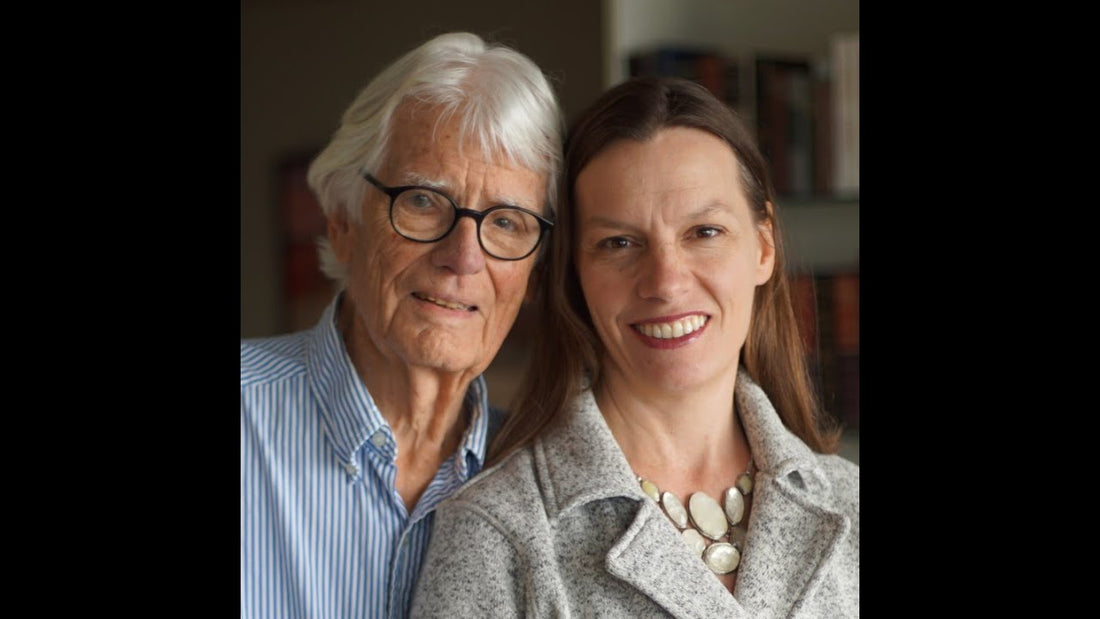https://www.docgiff.com/article/why-wouldnt-you-take-care-of-your-heart/#
19 Feb 2022
Diana Gifford-Jones: You are starting your 99th year. To what do you attribute your good health?
Gifford-Jones, MD: I’ve been fortunate, but it nearly didn’t happen. I suffered a major heart attack when I was 74. My cardiologists insisted on cholesterol-lowering drugs to fight heart disease. But I knew of two-time Nobel Prize winner Dr. Linus Pauling’s research on high-dose vitamin C. I opted for a regimen of 10,000 mg daily which I still continue.
Diana: Why not take cholesterol-lowering drugs?
Giff: There are side-effects I preferred to avoid. Everyone needs to make their own decisions with their doctors, but mine was anchored in the belief Dr. Pauling was right. He knew that animals produce vitamin C and humans do not. This is why sailors used to die of scurvy while the ship’s cat survived long voyages. Vitamin C is necessary for the formation of collagen which holds coronary cells together just as mortar binds bricks. The addition of lysine, an amino acid, provides extra strength to collagen, like steel in concrete.
Diana: This means vitamin C and lysine help strengthen arteries so that they are rubbery and don’t rupture from the pressure of each beat of the heart?
Giff: Yes. Another concern is atherosclerosis or hardening and narrowing of the arteries. This causes a decrease in blood supply to the heart. The research of Dr. Sydney Bush, a distinguished English optometrist, showed it is possible to improve circulation to the heart’s muscle. He prescribed 6,000 milligrams (mg) of vitamin C to patients who experienced reaction to contact lenses. Luckily, he also took photographs of the retina before the use of vitamin C and repeated the photographs one year later. Atherosclerosis decreased and retinal arteries were healthier. In the same way, vitamin C decreases the amount of atherosclerosis in coronary vessels and supplies more blood to the heart’s muscle.
Diana: 10,000 mg every day of the year for 24 years is 87.6 million mg – that’s a lot of vitamin C! Can you take too much?
Giff: A very small amount of vitamin C, just 10 mg a day, is enough to cure scurvy. More is needed for a robust immune system. To decrease chronic inflammation and reverse heart disease, research shows you need high doses consistently over a long period of time. Vitamin C is natural, safe, and effective. Anything the body can’t absorb gets excreted in the urine.
Diana: What else would you advise for heart health?
Giff: There’s no doubt that a balance diet and moderate exercise is crucial. Our diets are changing. People are eating less fresh food and more processed food. Sugar and salt are not your friends, and they are hidden in a lot of foods. They lead to weight gain, hypertension, and other inflammatory conditions that harm cardiovascular performance.
Diana: If you could redo one thing since your heart attack, what would it be?
Giff: I would have started supplementing earlier with omega-3. The amount of key omega-3 essential fatty acids in the blood is a strong indictor of risk for heart disease. Most of us are lacking omega-3 because of low dietary intake of fish and poor fat absorption of the fish we do eat. The problem compounds as we age. I’ve recommended supplementation with omega-3 supplements containing Maxsimil to overcome the absorption problem.
Diana: I am lucky to have had nearly a quarter century of additional high-quality years with you.
Giff: I would ask anyone in similar circumstances, why wouldn’t you want to take care of your heart?

